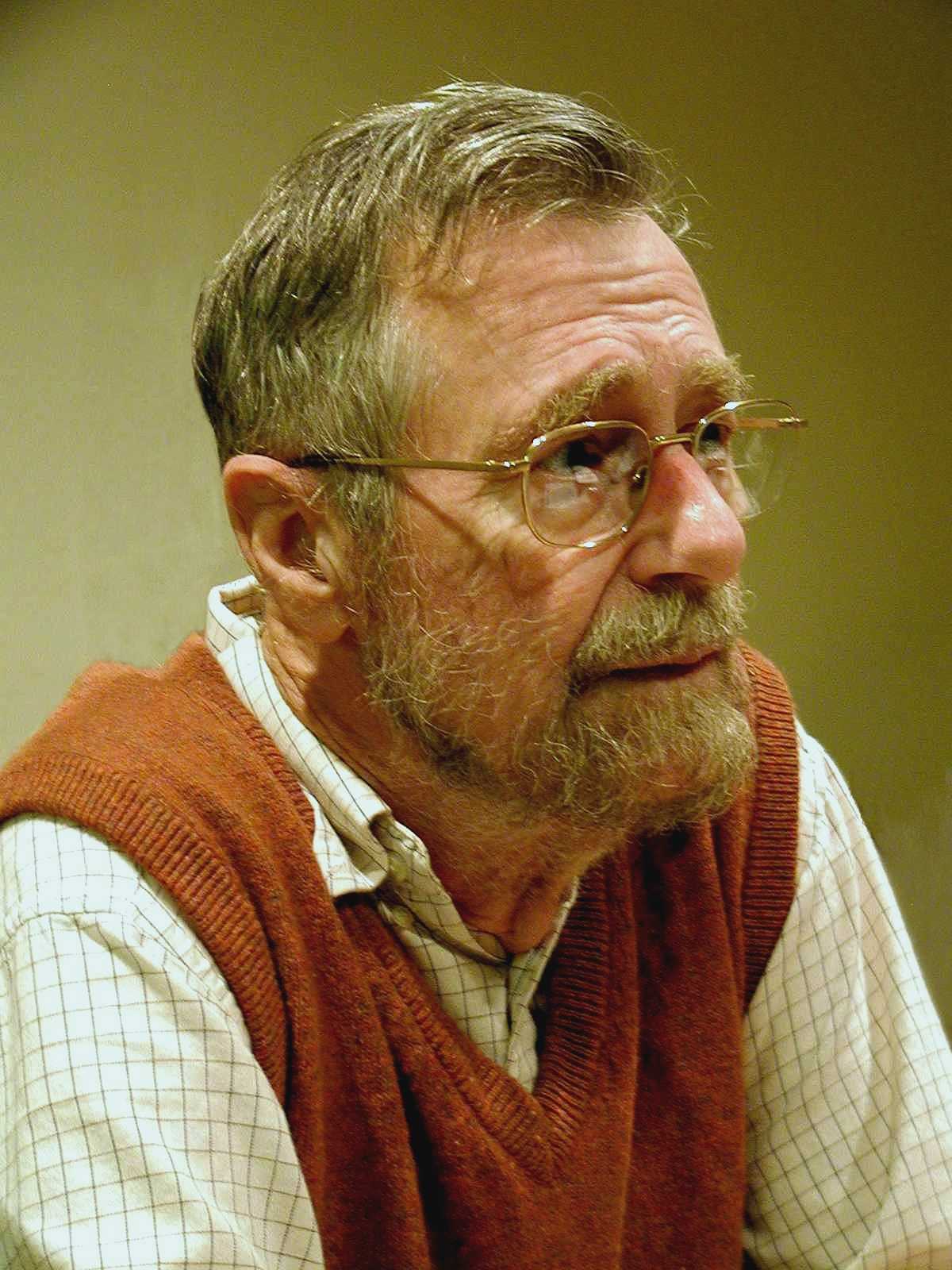|
|
|
Numerical |
||
The ManuscriptsLike most of us, Dijkstra always believed it a scientist's duty to maintain a lively correspondence with his scientific colleagues. To a greater extent than most of us, he put that conviction into practice. For over four decades, he mailed copies of his consecutively numbered technical notes, trip reports, insightful observations, and pungent commentaries, known collectively as "EWDs", to several dozen recipients in academia and industry. Thanks to the ubiquity of the photocopier and the wide interest in Dijkstra's writings, the informal circulation of many of the EWDs eventually reached into the thousands. Although most of Dijkstra's publications began life as EWD manuscripts, the great majority of his manuscripts remain unpublished. They have been inaccessible to many potential readers, and those who have received copies have been unable to cite them in their own work. To alleviate both of these problems, the department has collected over a thousand of the manuscripts in this permanent web site, in the form of PDF bitmap documents (to read them, you'll need a copy of Acrobat Reader). We hope you will find it convenient, useful, inspiring, and enjoyable. The original manuscripts, along with diaries, correspondence, photographs, and other papers, are housed at The Center for American History of The University of Texas at Austin. IndexesEach manuscript file is accessible through either of two indexes: 0. BibTeX index. Each entry includes all the available bibliographic data. 1. Ad-hoc indexes. These contain titles only, but are faster if you know what you're looking for.
You can find a table relating EWD numbers to publication years here. Many of the privately circulated manuscripts collected here were subsequently published; their copyrights are held by their respective publishers. Transcripts and translationsA growing number of the PDF bitmap documents have been transcribed to make them searchable and accessible to visitors who are visually impaired. A few of the manuscripts written in Dutch have been translated into English, and one has been translated into Spanish. For these transcriptions and translations we are grateful to over sixty contributors. Volunteers willing to transcribe manuscripts are always welcome (Note: doing EWDs justice in translation has turned out to be too difficult, so we are no longer soliciting translations). Proofreading
Each transcription gets a cursory scan as it's prepared for uploading,
but since a web page can always be updated, I don't strive for
(unattainable) perfection before installing it. On the web,
proofreading is a game that can be played by every reader; if you spot
an error, please let me know Annotations and commentariesA compilation of cross-references has been contributed by Diethard Michaelis. Video and audioIn addition to the manuscripts, you may enjoy some recordings of Dijkstra lectures and interviews. About DijkstraAn interview with Dijkstra (Spanish translation here) was conducted in 1985 by Rogier F. van Vlissingen, who has also written a personal reflection on "Dijkstra's sense of what computer science and programming are and what they aren't". To mark the occasion of Dijkstra's retirement in November 1999 from the Schlumberger Centennial Chair in Computer Sciences, which he had occupied since 1984, and to celebrate his forty-plus years of seminal contributions to computing science, the Department of Computer Sciences organized a symposium, In Pursuit of Simplicity, which took place on his birthday in May 2000. The symposium's program (10 MB) contains an outline of Dijkstra's career, as well as a collection of quotes culled from his writings, from his blackboard, and from what others have said about him. Banquet speeches by David Gries, Fred Schneider, Krzysztof Apt, W.M. Turski, and H. Richards were recorded on a video. Dijkstra's death in August 2002 was marked by many obituaries and memorials, including the Computer Sciences department's memorial celebration. About this siteRecent significant changes in the site are listed here; the most recent change was posted on 2 December 2006. The folks who contributed most significantly to the site's creation are acknowledged here. Comments and suggestions about the site are always welcome; please email them to Related siteIf you find this site interesting, you may also be interested in another site:
Revised |
 (photo ©2002 Hamilton Richards)
(photo ©2002 Hamilton Richards)
